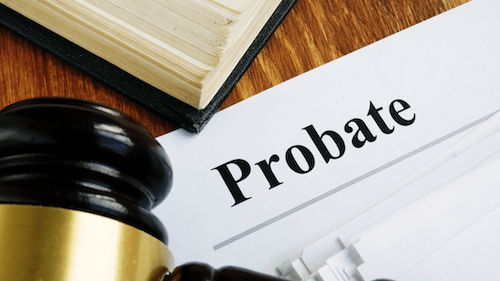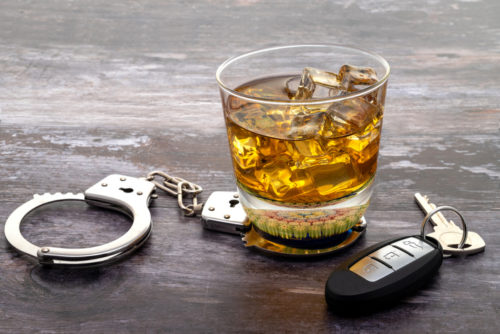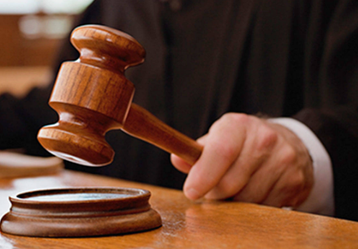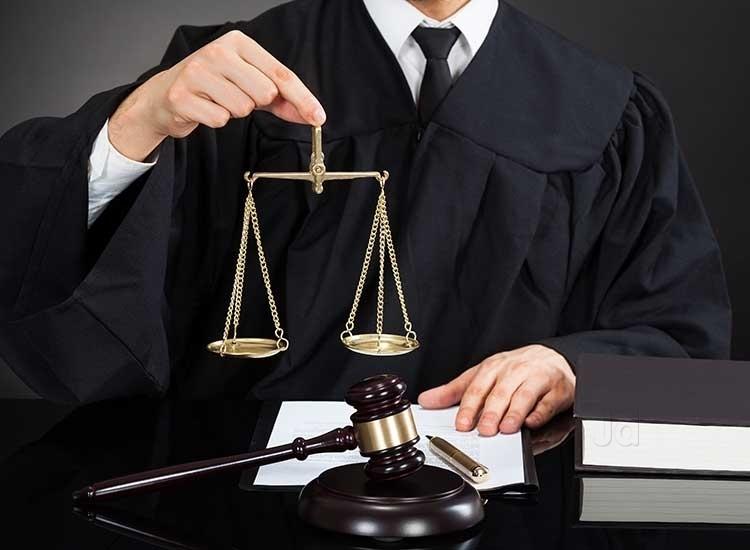DUI Questions
Dui Question: Do You Lose Your License Immediately After A Dui?
What Is DWI VS. DUI?
In the United States, there are many different distinctions between what is considered a DWI or DUI. Though the full legal meaning of these terms varies from state to state, their acronyms mean the same thing: DWI stands for “driving while intoxicated” and DUI for “driving under the influence.”
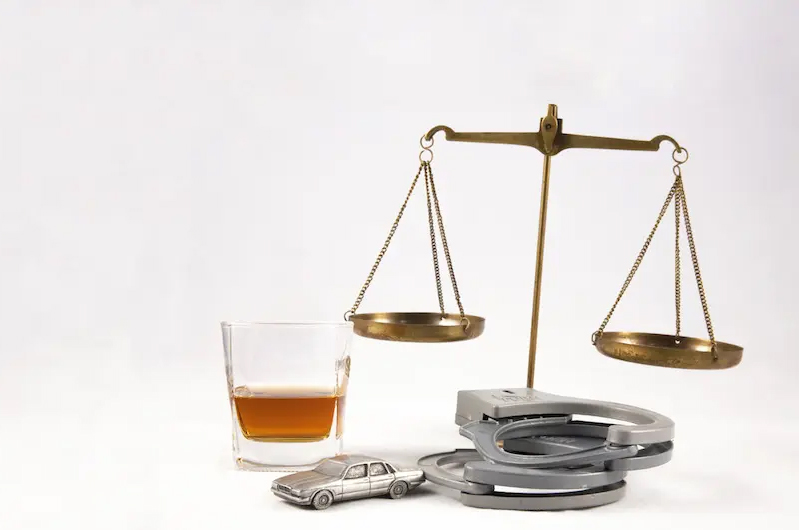
In Michigan, authorities changed their acronym from DWI to OWI, or “operating while intoxicated.” They did this because the previous definition for DWI was too vague. To prevent legal loopholes for people arrested under this charge, they changed the language and meaning of the charge.
DUI specifically refers to driving an automobile while under the influence of alcohol. OWI refers to operating any motorized vehicle while under the influence of any intoxicating substance. This means driving a boat, car, or any motorized vehicle. In addition, OWI refers to intoxication by alcohol and any other intoxicating drug like marijuana or other illegal drugs.
Which Is Worse: DUI Or OWI?
Drunk driving is never a good idea. Not only does it put your life and the lives of other drivers in jeopardy, but it can also lead to serious legal consequences that derail our everyday lives. So, while it is crucial to never get behind the wheel after having a few drinks, knowing the potential consequences if you do is essential.
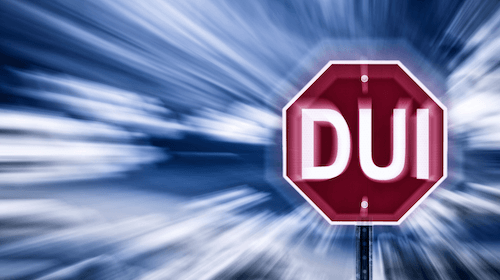
In the township of Sterling Heights, Michigan, operating while intoxicated (OWI) carries a more severe legal penalty than driving under the influence (DUI). This is because the former extends beyond simply driving and alcohol consumption. A driver can receive an OWI sitting in a parked car under the influence of an illegal drug.
Do You Lose Your License For Your First Dui In Michigan?
When it comes to losing your license due to a first-time DUI conviction in Michigan, the answer to whether you will lose your license is not a simple yes or no. Many factors determine whether or not an individual loses their license after a DUI conviction. However, what is consistent is that a conviction does cause a temporary reduction of driving privileges for a period of time.
For individuals charged with a first-time DUI with a blood alcohol content below 0.17, the charges involve the following:
- $100 to $500 fine with up to 93 days jail time or no more than 360 days community service
- Suspended driver’s license for 30 days, with an additional 150 days of restricted driving privileges
- Possible immobilization of the vehicle
- Possible anti-drunk driving device (interlock)
- Six points added to the individual’s master driving record
For first-time DUI convictions with a blood alcohol content over 0.17, the charges involve the following:
- $200 to $700 fine with possible 180 days jail time or 360 hours of community service
- Suspension of driver’s license for one year, with possible 45-day restriction if owner’s vehicle receives an interlock system
- Six points added to the individual’s master driving record
Is Your License Immediately Suspended After A DUI?
Much like other DUI questions, asking whether authorities will immediately suspend your license after a DUI is a yes-and-no situation. Technically, the answer is no; the authorities will not suspend the driver’s license. However, the answer can yes, as even before conviction, the mere suspicion of drunk driving means the driver receives an alternate license.
To be more precise, upon arrest for possible DUI, the police officer performing his duties immediately confiscates the plastic Michigan driver’s license and gives the driver a paper one. This new license is known as a DI-177. This paper license is known as the Breath, Blood, Urine Test Report Michigan Temporary Driver Permit.
The police officer on duty issues this temporary permit if the driver agrees to a breath or blood test. If the driver complies, they hold this permit until the court convicts or dismisses the driver.
Individuals who refuse the breath or blood test receive a DI-93. This paper permit is only good for 14 days or until an attorney schedules a trial hearing within these 14 days. If an attorney does not do this, refusal to take a breath and blood test results in an immediate suspension of driving privileges for one year.
Contact Hubbs Law, Your Dui Lawyer
Dealing with DUI and OWI convictions is never an easy thing in the state of Michigan. They lead to drastic changes in the personal freedoms of individuals that have tremendous impacts on their daily lives. These convictions result in court appearances, substantial fines, and restricted driving privileges.
However, while we at Hubbs Law in Sterling Heights, Michigan, never recommend getting behind the wheel after consuming alcohol or taking intoxicating drugs, we know it happens. So, if you find yourself in that position and have DUI questions, do not hesitate to contact us. We are the premier DUI lawyer in Sterling Heights.
POPULAR POSTS
What is Probate
Starting The New Year By Driving Drunk?
New Year’s Resolutions In The Face Of A Global Pandemic
Estate Planning For Your Family
Estate Planning Checklist: Breaking Down Estate Planning
Estate Planning Benefits
DUI Questions
Covid 19 And The Hubbs Law Group
Are You Haunted by a Mistake
About Andy And Colleen Hubbs
HUBBS LAW NEWSLETTER
Sign up to receive email updates straight to your inbox!

